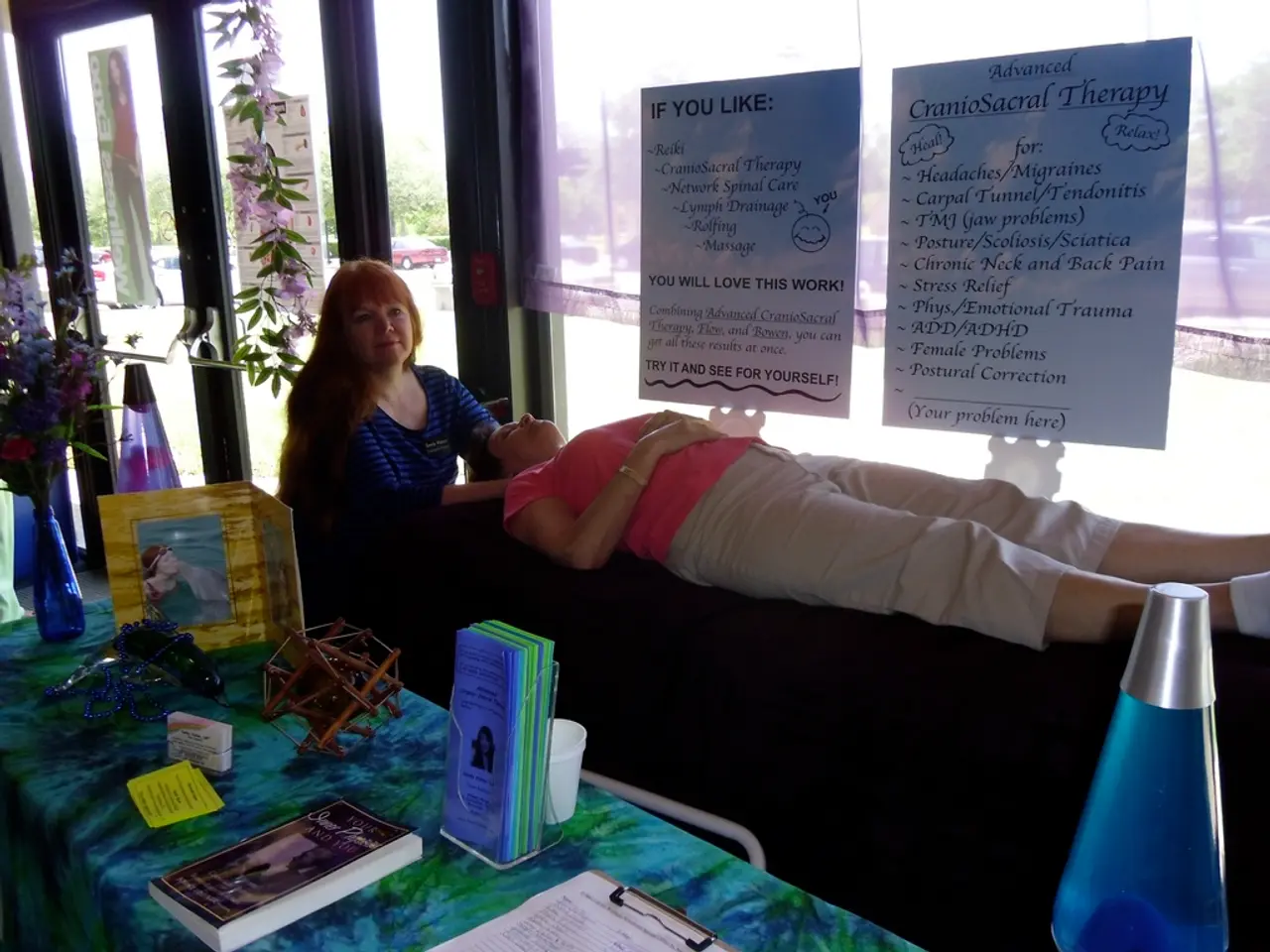Depression triggered by specific situations: Recognizing signs, identifying causes, and finding remedies
Situational depression, also known as adjustment disorder with depressed mood, and clinical depression (major depressive disorder, MDD) are two distinct mental health conditions that share some similarities but have significant differences in causes, symptoms, duration, and treatment approaches.
Causes
Situational depression is typically triggered by a specific life event or stressor such as losing a loved one, divorce, job loss, or even positive but stressful changes like having a baby or retiring. It usually appears within three months of the triggering event. On the other hand, clinical depression may not be linked to any identifiable external trigger and can arise due to a combination of genetic, biological, environmental, and psychological factors.
Symptoms
While both conditions share some symptoms, the severity and duration differ. Situational depression symptoms are usually less severe and closely tied to the stressor. They include persistent sadness, anxiety, mood swings, difficulty coping, and impaired functioning. Importantly, mood often improves as the triggering situation resolves. In contrast, clinical depression is characterized by persistent and severe symptoms lasting at least two weeks, including profound sadness, hopelessness, loss of interest or pleasure in almost all activities, significant impairment in daily functioning, changes in appetite or sleep, fatigue, guilt or worthlessness, difficulty concentrating, and sometimes suicidal thoughts.
Duration and Course
Situational depression is typically temporary and resolves as the individual adjusts to or the stressor ends. However, if untreated or if the stress persists, it may develop into clinical depression. Clinical depression is often chronic or recurrent, possibly persisting for months or longer, requiring ongoing management.
Treatment
Situational depression often improves with support such as psychotherapy (counseling), social support from friends/family, and stress management techniques. Medication is less commonly needed. In contrast, clinical depression commonly requires a more structured treatment plan, often including psychotherapy (like cognitive behavioral therapy), antidepressant medications, lifestyle changes (exercise, sleep hygiene), and sometimes more advanced interventions.
Differences in Treatment Modalities
While no medication is specifically approved to treat situational depression or adjustment disorder, psychotherapy and medication may be recommended as short-term treatments for depressive or anxiety symptoms related to a specific event. For clinical depression, a more comprehensive treatment plan is often necessary.
In summary, situational depression is a temporary, stressor-linked mood reaction usually improving with time and support, while clinical depression is a diagnosable, more severe, and persistent mental health disorder requiring comprehensive treatment. Early treatment and seeking help may help people regain a sense of purpose, control, and joy after a challenging time or occurrence. If you are experiencing difficulty coping with a traumatic or stressful life event, anxiety, depression, or other mental health symptoms that affect your relationships or quality of life, it is advisable to contact a doctor for advice. The 988 Suicide and Crisis Lifeline is available 24 hours a day for people in crisis.
- Typically triggered by a specific event, situational depression shares some symptoms with clinical depression, but the severity and duration are usually less.
- Clinical depression, on the other hand, may not be linked to any external trigger and can arise due to a combination of genetic, biological, environmental, and psychological factors.
- Situational depression is often temporary, improving with time and support, while clinical depression is a persistent mental health disorder requiring ongoing management.
- The treatment for situational depression usually includes psychotherapy, social support, and stress management techniques, while clinical depression often requires a more comprehensive treatment plan, including psychotherapy, antidepressant medications, and lifestyle changes.




